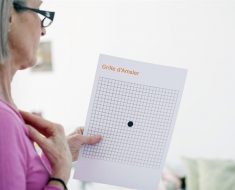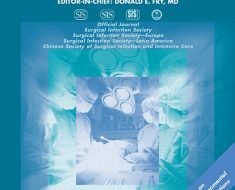The European Union has awarded a European Consortium €4.5 million for the ELR-Scar project to validate a novel hydrogel biomaterial that will prevent scar tissue from forming in the heart following a heart attack.
Myocardial infarction (MI), or heart attack, happens as a result of ischemic heart disease (IHD). Europe has the highest rates of IHD worldwide, equalling almost 26.5 million patients. In the days and weeks following a heart attack, the damaged cells of the heart are replaced by scar tissue. This scarring or 'remodeling 'of the heart tissue can cause further dysfunction and complications for the patient.
There is a clear medical need for new treatment solutions that can prevent scar tissue formation and irreversible cardiac remodeling. Our hope is that this hydrogel will do exactly that to fundamentally improve clinical practice, reducing the enormous burden that a heart attack and its leading cause, ischaemic heart disease, places on society and the individual patient."
Professor Abhay Pandit, Scientific Director of CÚRAM SFI Research Centre for Medical Devices at University of Galway
Biotechnology eBook

Professor Pandit leads the ELR-Scar consortium and recently received the prestigious George Winter Award 2022 from the European Society for Biomaterials. The consortium includes seven industry and academic partners across Ireland, Spain, Belgium, Germany, Lithuania, Poland and the Netherlands.
The hydrogel solution being developed by the team is biospecific, which means that its properties or activities vary according to the specific biological molecule it interacts with. It will have enhanced adhesion to cardiac tissue and is made of a degradable biomaterial that would be administered to the patient through an intravenous, endocardial catheter.
This EU funding recognizes the importance of tackling economic and personal health burdens and adds to the €70 million in EU investment generated by CÚRAM researchers during its first eight years.
ELR-SCAR draws on collaborations across Western and Eastern European countries to work on the project's regulatory, manufacturing, and clinical needs.
University of Galway
Posted in: Device / Technology News | Medical Science News | Medical Condition News
Tags: Catheter, Heart, Heart Attack, Heart Disease, Hydrogel, Manufacturing, Medical Devices, Molecule, Myocardial Infarction, Research, Scar
Source: Read Full Article





